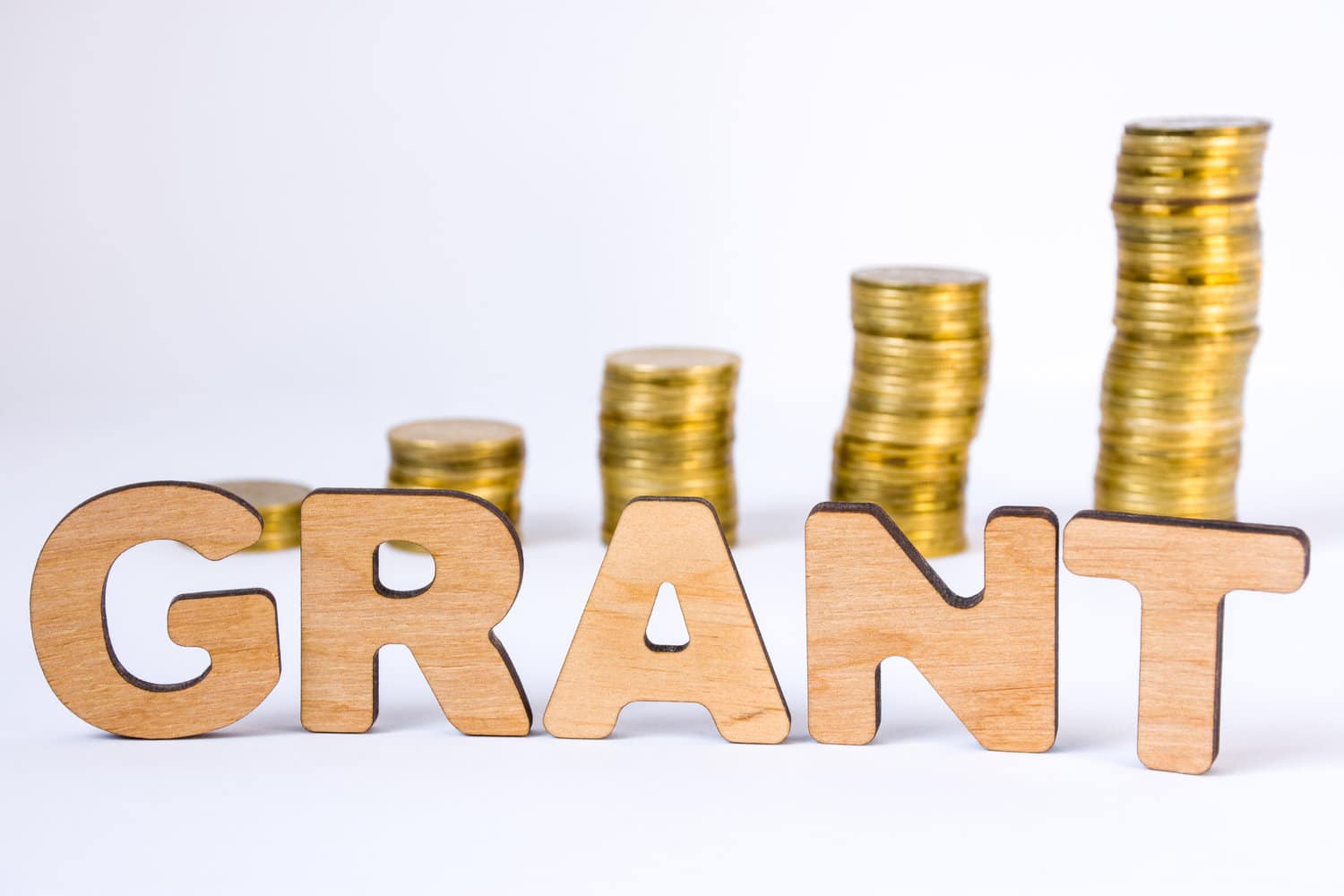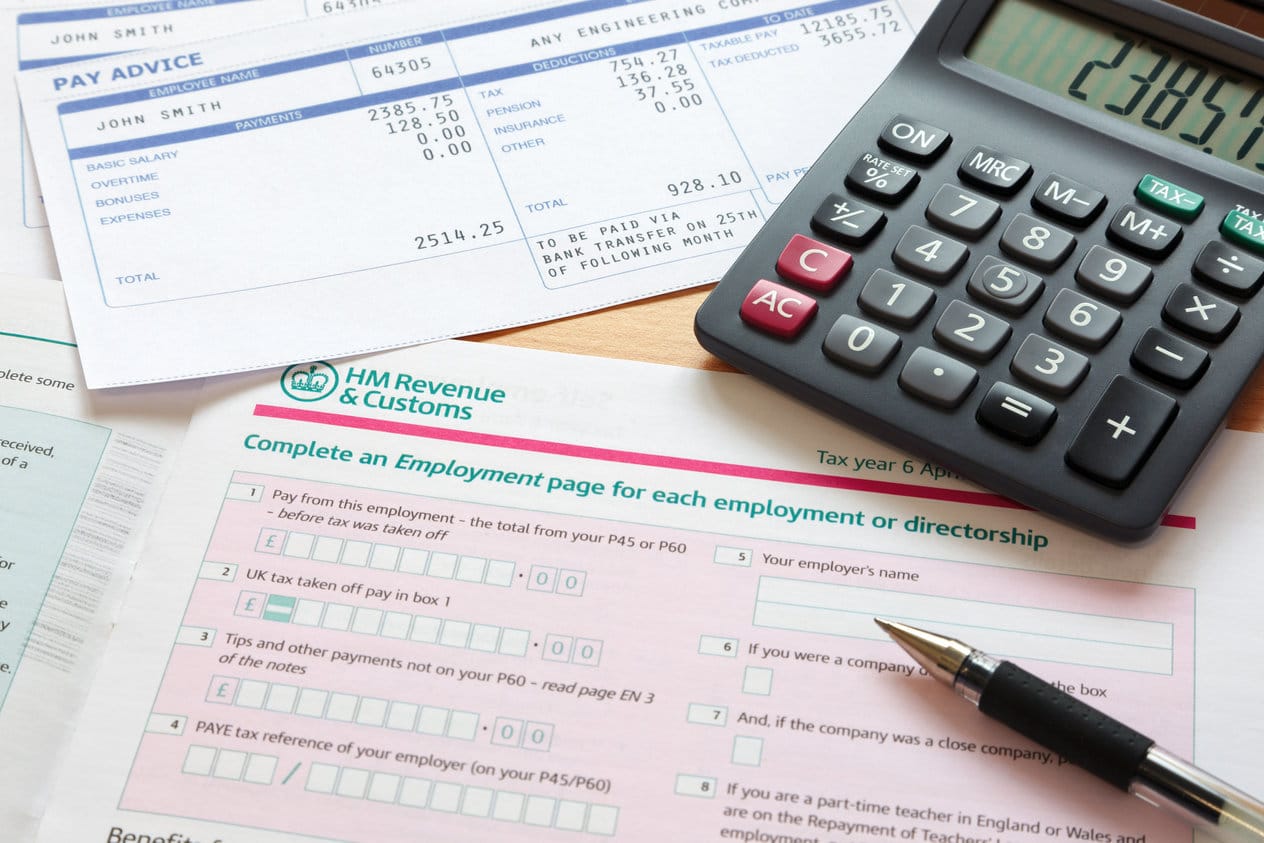Jasmine Birtles
Your money-making expert. Financial journalist, TV and radio personality.

Have you been paid a taxable grant? Maybe you’re eligible for one and don’t know it yet. How do you know any grants are taxable?
The outset of the coronavirus pandemic has seen a massive increase in the number of taxable grants available to self-employed individuals and businesses. Providing much needed support during this time of financial uncertainty and enabling businesses to continue to operate, government given grants have been life savers for thousands.
This is the first time ever that so many people will have received taxable grants from the government at one time. So at MoneyMagpie we’ve put together information on the different grants available, whether they are taxable, and what you will need to know for your tax return in relation to these.

As a basic idea, a grant can be defined as money given to an individual, business, or organisation intended for a specific purpose. For example, the Retail, Hospitality and Leisure Grant Fund was set up to provide these industries with financial support during the COVID-19 pandemic.
Grants and loans differ; with the latter any money received has to be paid back at a later date with added interest. However, this is not the case with grants – you don’t pay the money back. Instead, in almost all cases grant money is treated the same as receiving income for you or your business and it’s liable to be taxed.
It’s important to always know whether any money you are entitled to or receiving outside wages is taxable. If so, you’ll need to include it in a tax return to save yourself getting into trouble with HMRC and avoid potential nasty fines.
The interpretation of the rules on taxable grants is a little unclear for some purposes. However, most people will come into contact with a taxable grant due to the latest coronavirus financial rescue schemes. The majority of these grants are taxable. Those falling outside of taxable grants are for larger commercial grants where companies will have specialist advisors to complete their taxes and accounting processes.
A grant is taxable if it contributes towards your income. If, for example, the grant is for a specific expense, the money may not be taxable. This is only if you can offset the expense against the grant by deferring the grant income on your tax return IF you haven’t yet purchased the exact thing (i.e., specific equipment) that the grant is for. If you think your grant is for a specific expense, speak to a specialist tax advisor.
The coronavirus grants are all to improve the income of small businesses, the self-employed, and larger businesses. They’re not for a specific expense, so they aren’t offset in the same way. The income from the grant can be spent on anything (i.e., personal bills when you’re self-employed) so is counted as taxable income.
There are tons of coronavirus funds and grants set up for industries and businesses across the UK. Available support includes up to £10,000 for dairy farmers who have lost money due to a reduced demand for milk. Similarly, arts and culture facilities have access to grants of up to £50,000 to respond to immediate challenges and help them plan for the future.
As well as these specific grants, more general ones have been set up by the Government and local authorities to support businesses and self-employed traders.
Self-employed individuals may be eligible for the Self-Employed Income Support Scheme (SEISS), a taxable grant that entitles you to 80% of your average monthly income, up to £2,500. The scheme runs until September 2020. To receive your first grant you need to claim before 13th July 2020. If you or your business is still adversely affected from 14th July onwards, then you can make a claim in August for the second grant which entitles you to 70% of your average monthly income. Visit the Government website to find out if you’re eligible and how to apply.
In Scotland, some self-employed who don’t qualify for the SEISS can apply for the Newly Self-Employed Hardship Grant. This is a one-off grant of £2,000 for those who started self-employment after 6th April 2019. You can’t claim this grant if you’ve applied for Universal Credit (even if you’ve yet to receive any UC payments).

Three main grants available for small businesses are listed below. They all count as a taxable grant. So, you need to include them on your tax return as income.
This fund helps small businesses across England with costs during the pandemic with a one-off payment of up to £10,000.
A larger grant specifically for business in the listed sectors up to £25,000. Click here to find out more.
The LA Discretionary Grants Fund is for small and micro businesses that may not be eligible for the other schemes with grants anywhere between £1 and £25,000. Eligible businesses must have a rateable value or mortgage costs below £51,000.
Those working from home premises, such as sole traders, won’t qualify. However, many local authorities offer a similar micro grant up to £1,000 for people who don’t qualify for any SEISS or business grants. Check your local council’s website to find out if they have a micro grant scheme available.
Larger businesses only get loan scheme options, not grants. Repayments must start after the initial 12-month interest-free period.
The only grant available for large businesses is through the Coronavirus Job Retention Scheme to pay 80% of wages for furloughed staff.
Borrow up to £5 million through this scheme. The Government guarantees 80% of the finance to the lender and pays any interest and fees for the first 12 months. Your business can’t have been registered as a business in difficulty on 31st December 2019 for loans over £30,000.
The Future Fund offers convertible loans between £125,000 and £5 million to companies that are in financial difficulty due to coronavirus and aren’t eligible for other loans because they are pre-profit. Private investors must match the loan amount to qualify. In addition, you must have raised at least £250,000 from third-party equity investments in the last 5 years.
A Bounce Back Loan helps businesses borrow between £2,000 and £50,000 quickly during the pandemic. The government guarantees 100% of the loan and pays any interest and fees for the first 12 months, after which the interest rate is 2.5% a year.
If you want to see what other grants and funding may be available to you GRANTfinder is a useful place to start.

It’s very important to know whether any grants or additional income you or your business receive are taxable. If so, you must include them on your tax return.
Grants only fall under taxable income if you (or your business) register a profit that tax year. If you’re in any doubt as to whether your grant is taxable get in touch with the relevant authority or HMRC to clarify – you don’t want to receive a surprise tax bill later on! Keep all records in relation to your grant as well. It’ll make it a lot easier when the time comes for you to fill in your tax return or if HMRC audits you.
People receiving the SEISS grant are subject to paying both Income Tax and National Insurance and must include this grant as their income in their tax return.
Self-employed people who earned over £1,000 and partners in business partnerships both need to submit a tax return.
Generally, for others whose income comes from wages or a pension, don’t need to complete a tax return unless you have additional untaxed income including:
The current tax year runs from 6th April 2020 to 5th April 2021 and the deadline to submit your tax return for the previous year is 31st October (or 31st January if you’re completing it online).
For more detailed help and guidance check out Self Assessment – The Definitive Guide to Filing Your Tax Return.
Navigating the world of tax can often be a challenge – why not check out more of our articles below for more help around the topic.

Good points covered as some people are not aware that tax will be liable on grants received from government during these times.
Some great information in this article. Thanks.